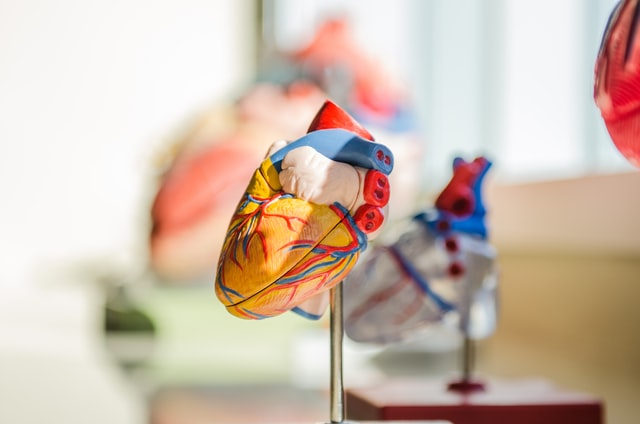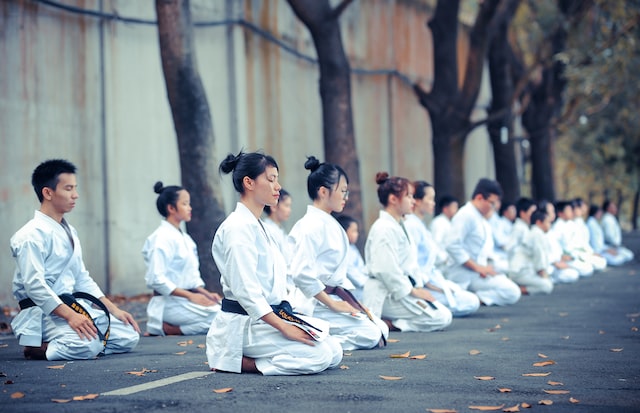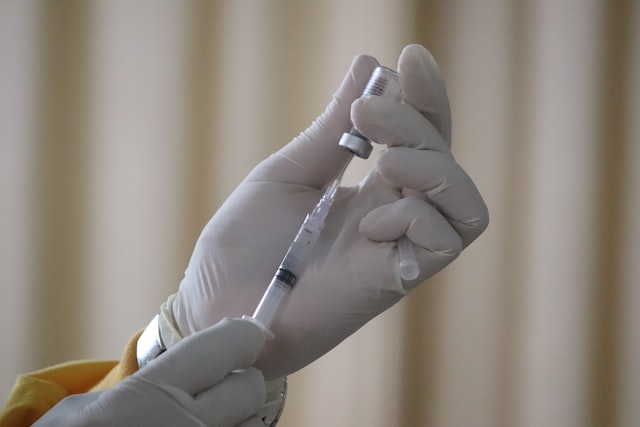How to survive the cardio block in medical school
I wrote my 4th exam earlier this week, which brings an end to my first cardio block in medical school. Overall, I think it went well. I should have my grade by early next week. However, there were definitely some things I could have done better during this block. Here’s what happened in the last few weeks.
What didn’t work well during the cardio block
Relying too much on group studying
As they say, too much of a good thing can be a bad thing. Because group studying worked so well for us on the MSK exam, my study group sort of doubled down on group time. We met up more frequently to consistently cover lecture material and get through practice questions.
Since there was so much content to get through, we started to divide the lectures. Each person was responsible for covering certain lectures and then teaching it to the group. This was helpful because it kept us focused and (temporarily) eased the work load. But as we were all reflecting after the exam, we’ve realized that we became too dependent on group study. All the group study time came at the expense of individual study time. And that is really important, regardless of how well group studying goes. So we are definitely making some adjustments for this block.
Not using online resources
For some reason, I really neglected online resources at the start of this block. I don’t know how or why. I learned my lesson by the end of it, but I could have saved myself so much trouble had I just realized it sooner. For example, some of our early lectures were heart development and embryology of the heart. From the beginning, I struggled to get through those lecture slides. Not to mention all the supplemental material we had that was also testable. Then, I couldn’t get the content to stick when I did the Anki cards. The material just didn’t make sense to me and it wouldn’t click.
Fast forward to the weekend before my exam and I finally watch this gem from Ninja Nerd. (On 2x speed of course lol). All the terms – ductus arteriosus, bulbus cordis, sinus venosus – and how the heart structures developed finally made sense! That video combined with the Cardio Embryology cards in the Physeo Anki deck helped me so much. They saved me several points on the exam since embryology showed up a lot. These resources are incredible – and free!
What worked well during the cardio block
Keeping up with the new content
Overall, I did a good job of keeping up with the content in the cardio block. Because I got sick right before my MSK exam, that forced me to rest up. So when I finished with that exam, I was surprisingly rested and refreshed and ready to go with the cardio block. I was able to keep up with lectures from the first week. That made a big difference, since there was so much content.
Based on my personal undergrad experience and especially what I’m seeing now with classmates, the last thing you want is to fall behind. Especially in medical school. Because of the sheer volume of content, it’s quite challenging to catch up once that happens. Not impossible, but really hard. Most times, if you’re behind, you’ll work extra hard leading up to an exam to catch up. But then you come out of the exam tired and burnt out. And once you’re done with the exam, normal classes resume the next day.
So you start the next block tired. You probably want and need to take some days off to rest. But then you’re worried about falling behind again. So you get stuck somewhere in between. Neither getting the rest your body needs nor getting the work done, so that mental and physical exhaustion just lingers. It can quickly become a vicious cycle. The fatigue makes you fall behind so you need to work harder to catch up which makes you more tired.
Of course, not everyone is like this. Some people do a really good job of enjoying guilt-free time off which helps them come back recharged. But this is the general trend for a lot of medical students.
Reviewing old content using Anki
The other thing I did well was reviewing content from earlier in the term by keeping my Anki cards active. This is important because as I’m realizing, several topics continue to come up as we build on concepts.
For example, during block 2 we started learning about the various muscarinic and adrenergic receptors, their locations, their functions and some of their respective stimulants (agonists) and blockers (antagonists). If you didn’t learn this during block 2 or review it, it was hard to understand what happened to venous return and cardiac output when certain receptors were activated. And this information was important to understand and predict how our body compensates under different situations. Like during exercise or if the heart is failing.
I’m glad I spent time learning that information and reviewing it. Especially since our exams tend to have a handful of questions from previous blocks. Those are easy points if you can remember the content. And my favourite way to keep up with old content is Anki.
Takeaways from my first cardio block in medical school
There are some other points from the cardio block I want to share but I don’t want to make this too long. So I’ll do that in the next post. For now, my main takeaways are:
- I need to learn how to balance individual and group study times
- I need to remember to use outside resources as soon as I begin to struggle with lecture content
What lessons have you learned from your recent term?
-M
Want updates on the latest posts? Email theislandmedonline@gmail.com or complete this form to join the email list today!








One Comment
Comments are closed.